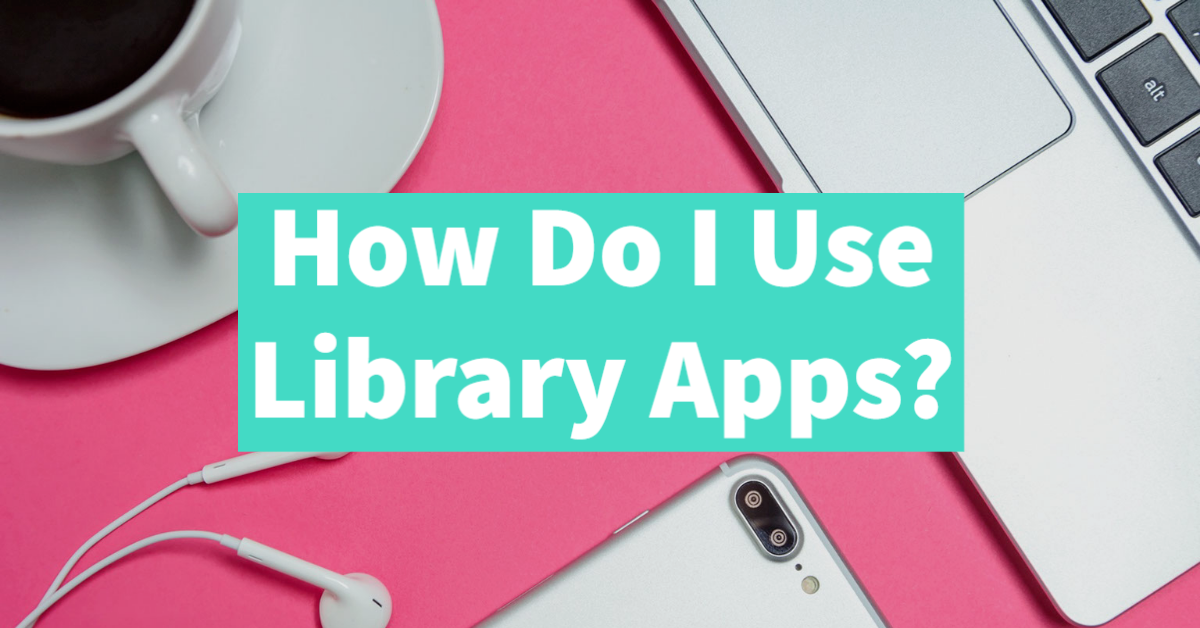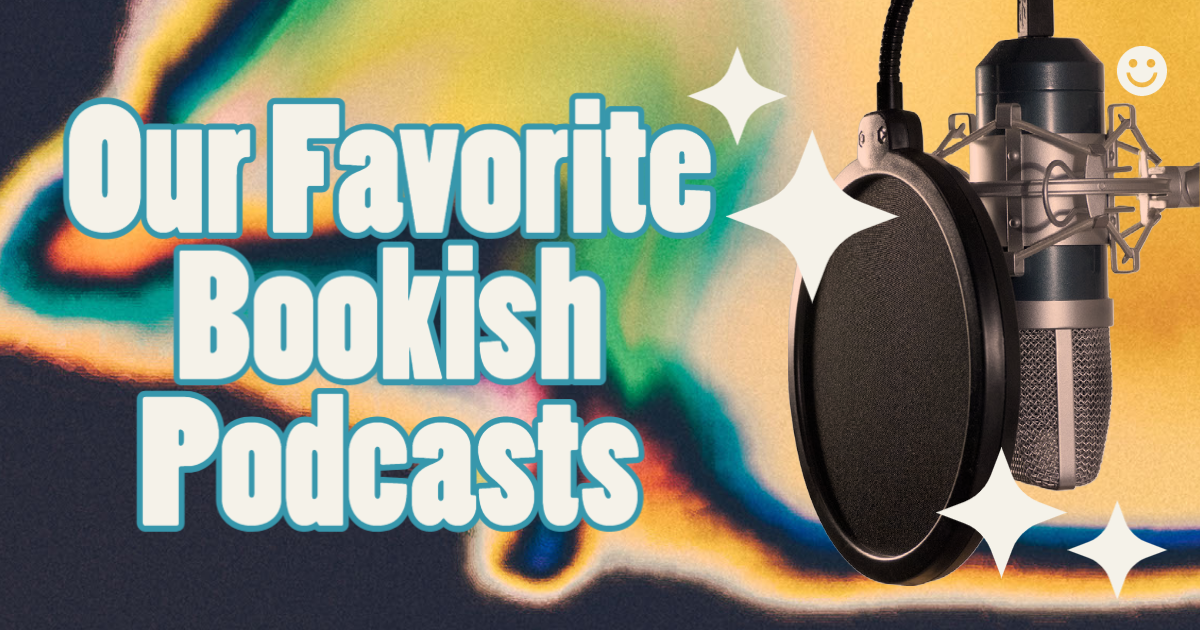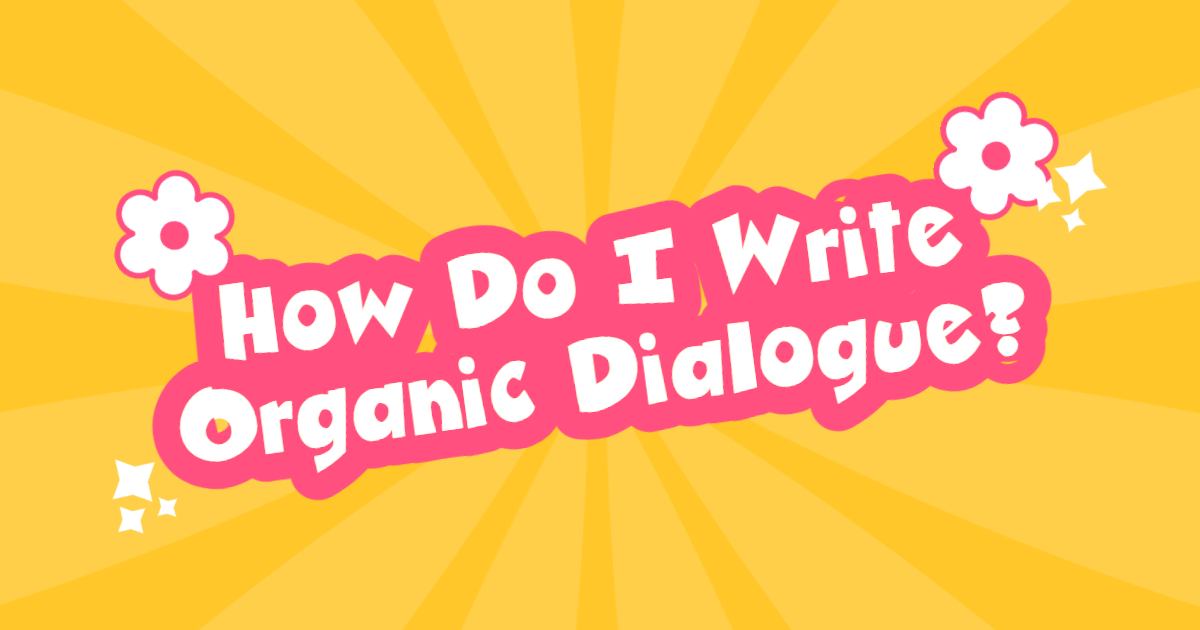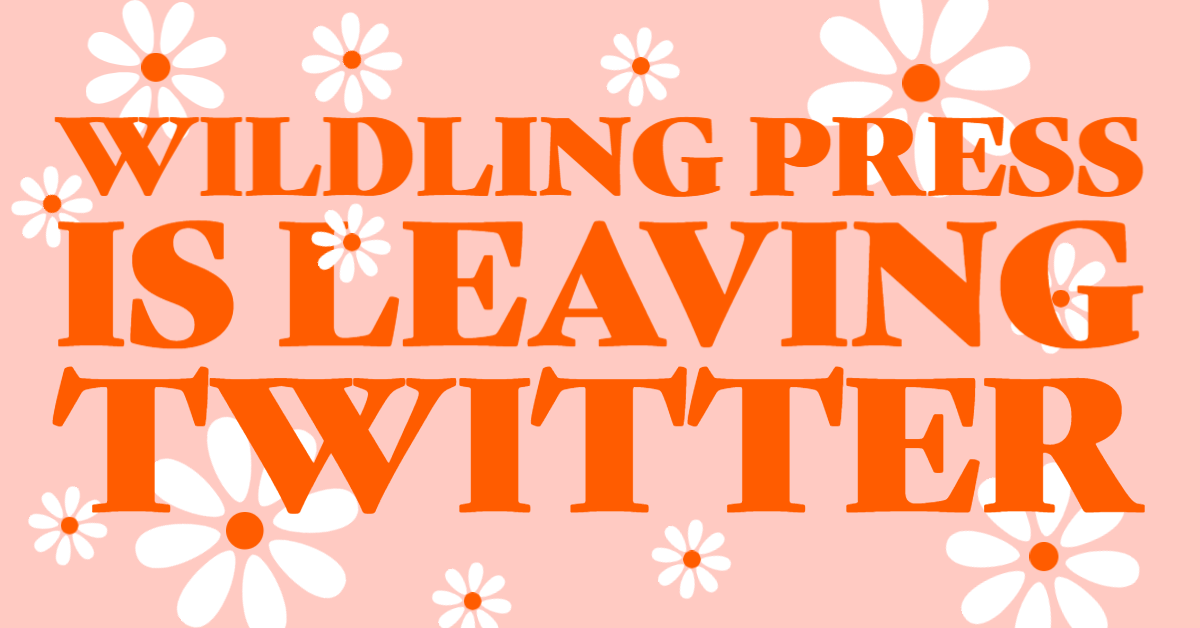|
These days, libraries are so much more than physical books. Librarians don’t just find books or make reading recommendations (though they’re still great at that), they also make a wide variety of important resources available to their entire community. And you don’t even have to go to the physical library to access them–much of those services and resources are available online, both on library websites and through apps on your phone, computer, tablet, or e-reader. Libby (by Overdrive) Libby is essentially the digital version of your library. Once you create an account using your library card number, you’ll have access to thousands of e-books and audiobooks you can read immediately from your phone, computer, and even your Kindle or e-reader. You can search for a specific title or author in a specific format, or browse through genres and librarian-curated guides like new releases, kids’ classics, books by Black authors, queer stories, and more. The app was created in June 2017 and is the most popular library app, likely because of its wide selection and its simple, clean design. In less than six years, over one billion books have been checked out through the app. In fact, the billionth title checked out through Libby happened on January 21 of this year (An Unwanted Guest by Shari Lepena, if you’re interested). Much like the physical books in the library, your library system has a specific number of digital copies available of each e-book or audiobook it offers, so some popular titles might not be available at a moment’s notice. But never fear–on Libby, you can put titles on hold just like you would at your library, and the app will let you know about how long you’ll have to wait for that book and will notify you when it’s available. In fact, notifications are one of the best parts of using a library app: Libby will notify you when the due date for a book you’ve checked out is coming up (so you can re-check it out if you need to), and if a book you were searching for has been added. It’ll also keep track of what you’ve previously borrowed, and you can make personal book lists, like “TBR,” “favorite middle grade,” or whatever you want! Pro Tip: If you’re as big a book nerd as the staff at Wildling, you know that sometimes you hear about a great book and you simply must read it right now! In that case, may we recommend belonging to multiple library systems (the author of this post belongs to five *humble brag*) so that you’re more likely to find an available copy of what you want when you want it. The app is available for Android, iOS and Windows devices. Hoopla Hoopla is another popular library app that offers e-books and audiobooks, but it also offers thousands of graphic novels and comics, music, movies, and TV shows. Some of the newest, most popular music albums (like Taylor Swift’s Midnights) or TV shows are available on Hoopla, and just like all the other library apps you love, they’re all free. Hoopla also offers something called “BingePass,” which gives you days of unlimited access to online content like The Great Courses, the Highlights collection, Kidz Vidz, storytime videos for kids, and more. Hoopla also offers “Kids Mode” so parents can feel totally comfortable letting their kids browse the vast selection of music, TV, and movies. Kanopy If Hoopla isn’t available from your local library, there’s a good chance that they offer access to Kanopy instead. Kanopy doesn’t offer books, but it’s specifically for videos. Through Kanopy, you can stream over 30,000 classic and indie movies, documentaries, and television series. So get downloading! Remember those times when your doctor’s appointment was taking longer than expected or you got stuck at the DMV and you cursed yourself for forgetting your book at home? Thanks to library apps, as long as you have a phone with you, you’ll never be without a book to read or an album to listen to or a movie to watch. Library apps are free, easy to use and access, and full of hours of entertainment and information.
0 Comments
The number of bookish podcasts out there truly seems infinite. There’s a podcast for the whole book spectrum, from writing to reading to marketing, and more. It’s comforting to know there’s something out there for you no matter what you’re looking for, but it can feel a little overwhelming at the same time. Where do you even start? Well, we’re highlighting some of our favorites in three categories: book recommendations, the craft of writing, and author marketing.
Book Recommendations
The Craft of Writing
Author Marketing Information
Well, there you have it! Use these recommendations as a jumping off point because this list just scratches the surface of the bookish podcast land. And please let us know about any of your favorites that we didn’t mention here. We’re always looking for new bookish podcasts to listen to!
written by Grace Ball
“Father, I did not know you were there, in the kitchen,” I said.
“I see,” he responded. “Well, Sarah, I have just come in from the garden. I do not know why you did not see me.” Yikes! Wow, that’s some seriously bad dialogue. You know the saying about porn? “It’s hard to define, but I know it when I see it.” Yeah, that’s bad dialogue. Bad dialogue can absolutely, single-handedly ruin your book. Getting a grasp on writing organic dialogue is one of the most important things a writer can do for their craft. But how do you spot bad dialogue? And how do you write organic dialogue? Contract.
People almost exclusively use contractions in speech unless it’s for emphasis. “I don’t know where your hat is,” might escalate to “Dude, I DO NOT KNOW where your hat is!” But in regular, ongoing speech, it’s better to err on the side of contracting than to separate out all your “do not”s.
Don’t say their name.
This is probably the biggest offender we see in new authors’ unedited books. People don’t say each other’s names! Again, unless it’s for emphasis, people literally don’t say each other’s names when they’re speaking to each other. Why would they?
In the above example (silly, I know), Father calls Sarah Sarah and Sarah calls Father Father. Sure, it’s only a two-line exchange, and we don’t know what might be going on around them. But say they’re alone. Why would Sarah need to say “Father”? Who else might she be talking to? She’s probably even looking at him. And further, Father certainly doesn’t need to say “Sarah,” as he’s directly answering Sarah’s question. Again, emphasis changes how we speak. “I don’t know where your hat is,” might escalate to “Sarah! I SAID I didn’t know where your hat is!” In a tender moment, a character might say another’s name. But in general, skip the name-calling. We “‘we” being the characters and the readers) all know what’s going on here. Skip dialogue tags when possible.
“Hey,” I said.
“Oh hey, what’s up,” Emily responded. “What are you working on?” I asked curiously. “Just painting,” Emily answered. She waved her paintbrush and giggled. “Ah,” I said. “That’s cool,” I added. Ugh, I’m exhausted just writing that example! Reduce dialogue tags so your readers don’t get exhausted! Of course, dialogue tags can be crucially important for making a dialogue exchange clear. However, they are also criminally overused in amateur writing. When dialogue happens in real life (I think we just call that “talking”?), it happens quickly. For your reader to perceive your dialogue as organic, it helps if it can be read quickly. Dialogue tags slow down your dialogue. They’re clutter. They almost never bring new, true meaning into your book. Cut dialogue tags you don’t need—for example, if two characters are talking back and forth, you can seriously limit your dialogue tags, as it’s as simple to keep track of those conversations as it is to watch tennis. Even when you’re writing scenes with bigger casts, you can limit dialogue tags. Cut a dialogue tag and opt instead to include some body language that augments the dialogue. Cut a dialogue tag and add some inner monologue. Cut a dialogue tag and trust your reader to be able to follow. Even with a cast of several characters, if two are talking back and forth for several lines, you simply don’t need dialogue tags. Trust your reader! They aren’t stupid. They’re actually probably quite skilled at reading. So trust that they can follow what’s happening even when you don’t label every single word. Mess up.
You know what humans definitely don’t do? Talk good. Haha! Short of a highly skilled professional public speaker, humans no talk no good. We say dumb shit. We mess up and keep going. We mess up and stop and start over! We start a sentence and halfway through we forget what we were saying.
People don’t talk in complete sentences, not really. We speak in bursts. In linguistics, they aren’t even called “sentences,” because they’re different; they’re called “utterances,” and their rules are different. None of your characters should be speaking in complete sentences all of the time. It’s just not realistic! Write your characters messing up. Especially in emotionally charged moments, your characters won’t be speaking perfectly. It shows their humanity if they talk dumb when mad, just like us. Write each character to speak differently.
People speak differently. All people, even similar people, speak differently. By writing each of your characters to speak differently, you make their speech more organic—and you make your character fuller and more convincing at the same time!
Some people stutter a lot. Some people use big words because they read a lot. Some people use big words because they want to sound like they read a lot. Some people don’t talk often. Some people never stop talking. Some people are interrupters; some people wait for an opening. Some people have accents; some people have speech impediments. Some people speak quickly and energetically, off the cuff, while others are more measured and plan carefully. It’s been said (by someone, idk who) that you should be able to tell who in your book is speaking without any dialogue tag at all, just by looking at how they speak. Like much writing advice, this is an excellent guide, but don’t take it literally. You can’t make every single utterance reflect a whole personality. But generally, readers should be able to notice differences in characters’ speech patterns. Read it aloud.
The only way to truly evaluate if your dialogue sounds organic is to read it aloud to yourself or to someone else. When the words come out of your mouth, they should feel natural. You’ll notice really quickly that you need more contractions, that your lines are too stilted, that your characters all sound the same, when you start reading aloud.
Dialogue can make or break a book. A book with a weak plot or theme can be literally held aloft by its characters and their dialogue. Artful, realistic dialogue is the hallmark of a skilled author. So do your work and make sure that all your characters are speaking organically and authentically to themselves. written by Christina Kann We'll keep this short and sweet, because we've already wasted so much of our time on Twitter. We're ditching our Twitter account.
When Elon Musk bought Twitter last year, the Wildlings thought to ourselves, "Ah, another megalomaniac billionaire buying a platform we all use for his own personal clout. Yeah, that happens in late-stage capitalism." When he started laying off his security and content moderation staff, we were like, "Ummmm okay Elon, how are we handling security then??? Who is making sure Twitter is a safe space?" He has now given us our answer: No one is making sure Twitter is a safe space, because it's not. In April, Twitter "quietly rolled back a portion of its hateful conduct policy that included specific protections for transgender people," according to CNN. "Twitter also removed a line from the policy detailing certain groups of people often subject to disproportionate abuse online, including 'women, people of color, lesbian, gay, bisexual, transgender, queer, intersex, asexual individuals, and marginalized and historically underrepresented communities.'” Wow! Ouch. The entire Wildling staff is on that list. Moreover, Wildling has always been committed to nurturing safe spaces for writers from all walks of life to develop their craft. Unlike Twitter, Wildling particularly aims to work with writers from marginalized groups and uplift their voices. Twitter is coming for our allyship and our identity. They are no longer protecting us, our authors, and our community. So we're out. Please connect with us on Instagram, Facebook, TikTok, or through our mailing list. |
How Do I Book?We'll try to find the answer to that question in our blog. Archives
August 2023
Categories
All
|





 RSS Feed
RSS Feed